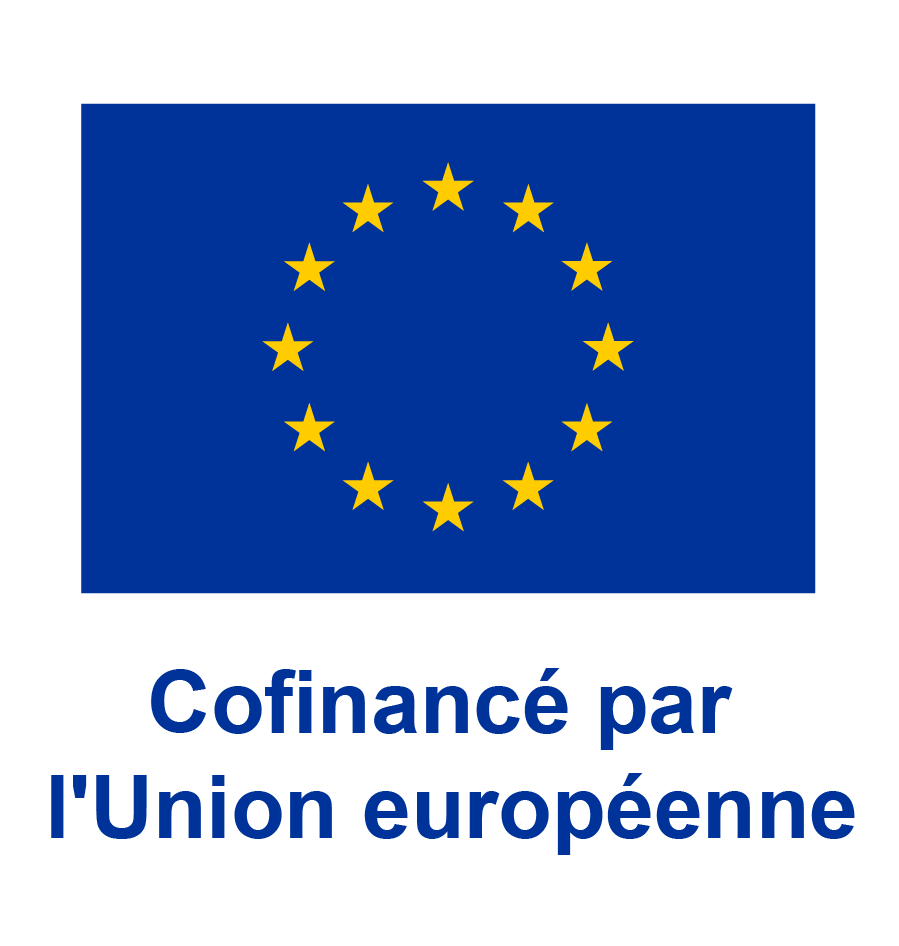Finance : lEurope impose la régulation avec modération
The Impact of the Economic Crisis on Asset Building Strategies in Europe: Using Opportunities and Creating Resilience
In this report, we investigate how asset building organisations in Europe cope with the outfall of the financial crisis in their country and abroad. We highlight the experiences of 11 organisations and emphasise the need for Governments (be they local, regional or national) to safeguard the achievements made by asset building organisations. Asset building can be seen as a counter-cyclical move to insulate poorer households against external crises, be they personal or macroeconomic in nature. It is all the more important therefore that we now ensure that existing assets are not eroded, through, for example, breaking the link between entitlement to benefits and levels of personal savings. However, if Governments - and funders - do not act now to preserve and increase these asset-building efforts, assets could be eroded and some of the positive impact undone. The current economic crisis starkly reveals that in many countries, the efforts made around asset building did not have enough time to create sufficient resilience before the crisis began. The findings suggest that the crisis could represent an opportunity to mainstream asset building into policy and practice. The report makes recommendations for funders, governments and organisations that will help asset building to become part of mainstream national poverty alleviation strategies It is an updated version of the report presented at the Levi Strauss Workshop on asset building during the European Microfinance Network conference in Milan on June the 5th. Hard copies of the first version of the report can be mailed on request.
Sémiotique de la crise
Quatre scénarios de sortie de crise, du plus soft au plus hard !
Des marchés en crise à la crise des marchés
Analyse juridique des mesures de régulation des marchés financiers
Bernard Swartenbroeckx est économiste et doctorant en droit.
L'article n'a finalement pas été édité par Etopia, car jugé trop spécialisé.
Il est disponible en format papier au RFA.
Tendances: les fonds éthiques sévèrement touchés
Certains croient que les critères éthiques en matière d'investissement auraient pu permettre de prévenir la crise financière actuelle. La réalité du marché ne penche toutefois pas en leur faveur.
Des perspectives économiques marquées par la crise financière
Les nouvelles Perspectives économiques 2009-2014 pour la Belgique s'inscrivent dans un contexte mondial marqué par la crise financière et la profonde récession économique engendrée par celle-ci. Le scénario macroéconomique international retenu au-delà de 2010 est basé sur l'analyse d'un ensemble de crises financières passées. Il postule une sortie de crise sans reprise conjoncturelle forte, de sorte que la perte d'activité liée à la crise actuelle ne serait pas rattrapée au cours de la période de projection. Ce scénario présente, toutefois, un degré d'incertitude exceptionnellement élevé.
La "fausse classe moyenne" piégée
First statistics from new portfolio database show strong performance of MFIs in 2008
Aucune crise à la banque du supermarché suisse
Migros, supermarché suisse, a développé un bras bancaire où ses clients peuvent soit déposer leur épargne, soit obtenir des crédits. Les affaires prospèrent ! Billet d'humeur sur base de l'information parue au sujet de Migros dans le Financial Times du 31/1/09.
Pagination
- Page précédente
- Page 10
- Page suivante



If you would like further information about the report, please feel free to contact the authors Veronika Thiel and Sargon Nissan at veronika.thiel@neweconomics.org and sargon.nissan@neweconomics.org We hope you find the report an interesting read are looking forward to your feedback! Please feel free to disseminate the report among your own networks and contacts!